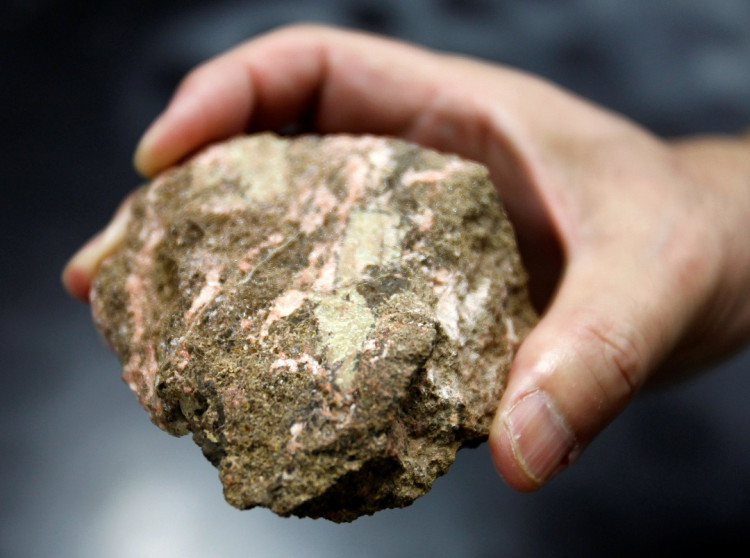China has reportedly warned South Korean manufacturers to stop exporting products containing Chinese rare earth minerals to U.S. defense contractors, escalating tensions in the global technology and security supply chain amid ongoing tariff battles between Beijing and Washington.
According to the Korea Economic Daily, the Chinese government recently sent notices to at least two South Korean firms, cautioning that continued shipments of such goods to U.S. military-linked customers could result in sanctions. The targeted industries span power transformers, battery components, displays, aerospace systems, and medical equipment-many of which rely on China-sourced rare earths.
While the original report cited China's Ministry of Commerce as the source of the message, it was later amended to reflect that the warning came from "the Chinese government." South Korea's Ministry of Trade, Industry and Energy said Wednesday it is investigating the claim, stating, "So far, it has not been confirmed that South Korean companies have received an official letter from the Chinese government as per the report."
China, which controls roughly 90% of the global supply of rare earth elements, imposed new export restrictions earlier this month in response to sweeping tariffs from the Trump administration. Under the new rules, exporters must obtain a license from China's Ministry of Commerce-a process that can take up to 45 days or more-significantly delaying or halting shipments of critical minerals.
Among the seven restricted rare earths is dysprosium, essential for high-strength magnets used in electric vehicles and wind turbines. South Korea has indicated it holds over six months' worth of stockpiles of key restricted minerals.
The standoff represents a potential disruption to the U.S. defense sector, which relies on components containing Chinese rare earths for weapons systems and advanced manufacturing. While the U.S. maintains limited strategic reserves of some rare earths, officials have acknowledged these are insufficient for long-term needs.
National Economic Council Director Kevin Hassett commented on the issue earlier this month, stating, "Rare earths are a part of lots of the economy. The rare earth limits are being studied very carefully, and they're concerning, and we're thinking about all the options right now."
China's move comes amid broader efforts to retaliate against the Trump administration's tariff escalation and to pressure countries from aligning too closely with Washington on economic and defense policy. Beijing's action also follows sanctions imposed last year on multiple U.S. military contractors involved in arms sales to Taiwan.
Senior South Korean officials are scheduled to meet U.S. counterparts in Washington on Thursday to discuss trade and supply chain issues, including tariffs and rare earth sourcing. China, meanwhile, has warned countries against pursuing bilateral economic deals with the U.S. "at its expense," according to statements from its Foreign Ministry.






